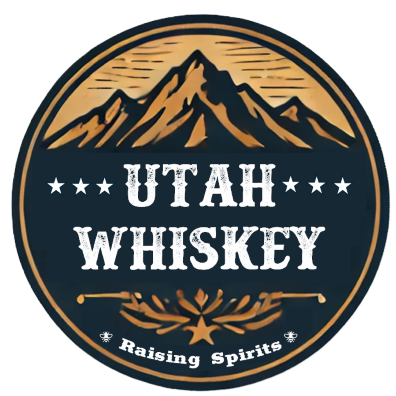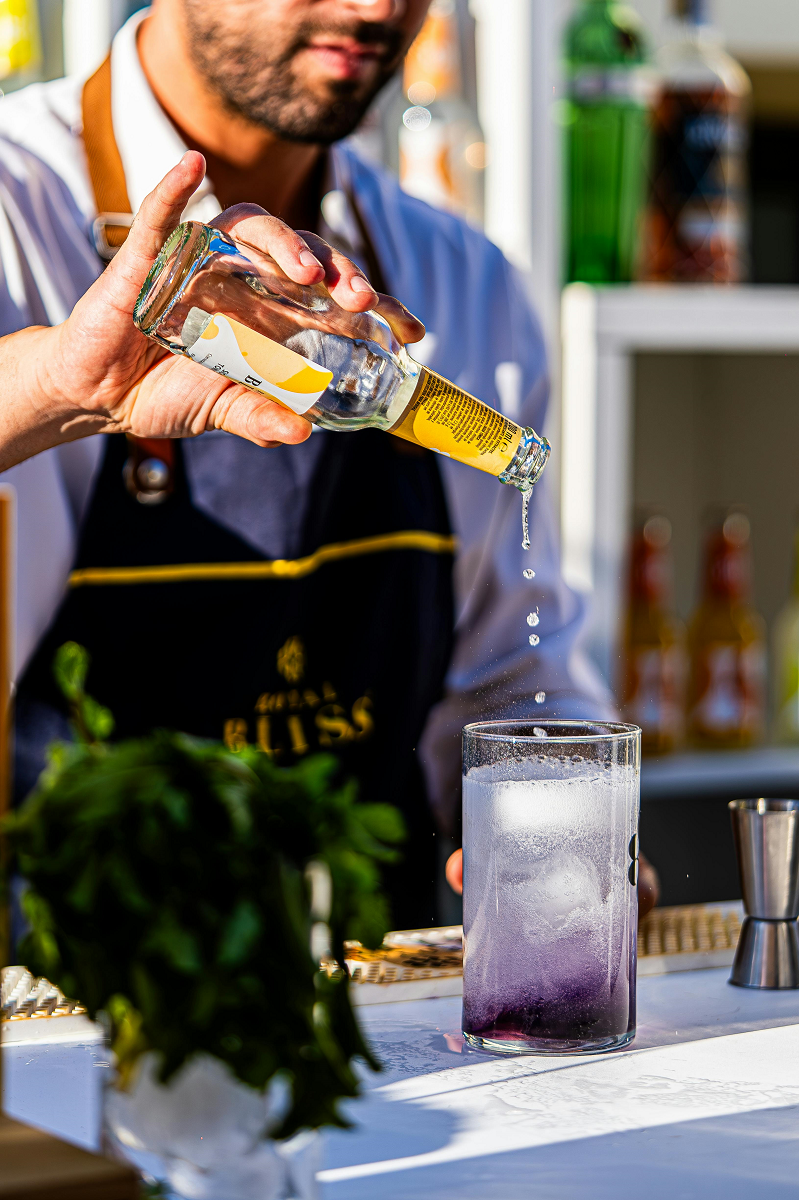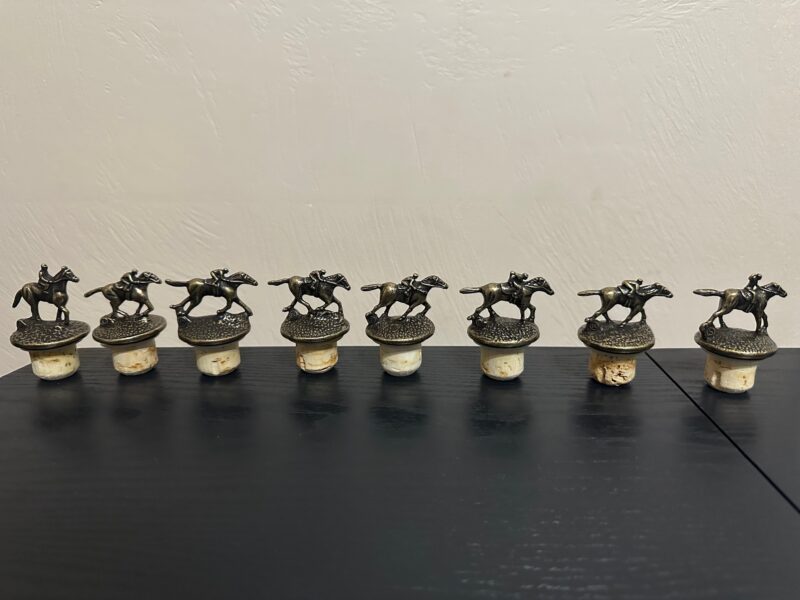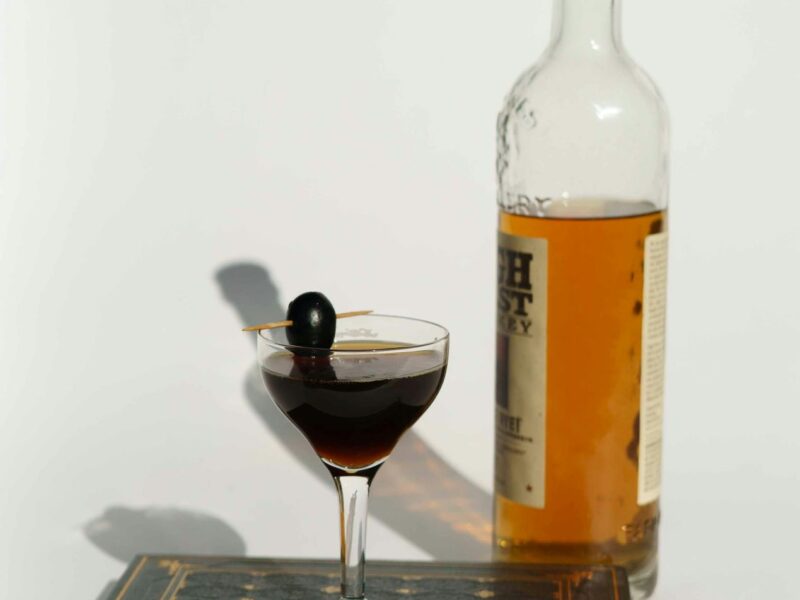Utah’s alcohol laws are unique and often seen as some of the most restrictive in the United States. These laws are deeply rooted in the state’s history and culture, influenced significantly by the predominant religious beliefs in the area. For residents and visitors alike, navigating these laws can be challenging. This blog aims to provide a guide to understanding Utah’s alcohol laws, highlighting key regulations and offering practical tips for those looking to enjoy a drink in the Beehive State.
Historical Context
Utah’s alcohol laws have been shaped by its history and the influence of The Church of Jesus Christ of Latter-day Saints (LDS Church). The LDS Church advocates for abstinence from alcohol, which has led to the development of strict regulations around the sale and consumption of alcoholic beverages. Understanding this context is crucial for grasping the reasoning behind some of Utah’s unique laws.
Purchasing Alcohol in Utah
Liquor Stores
In Utah, the sale of alcohol is tightly controlled by the state. The Utah Department of Alcoholic Beverage Control (DABC) operates all liquor stores. Here are some key points to know:
State Liquor Stores: All hard liquor, wine, and full-strength beer (above 5% alcohol by volume) must be purchased at state-operated liquor stores. These stores are closed on Sundays and public holidays.
Limited Hours: State liquor stores have specific operating hours, typically from 11 AM to 7 PM, Monday through Saturday.
Grocery and Convenience Stores
Beer: Grocery and convenience stores are permitted to sell beer, but it must be 5% alcohol by volume or less. This includes most light beers and many craft brews.
No Wine or Spirits: Grocery and convenience stores cannot sell wine or spirits. These must be purchased from state liquor stores
Acceptable ID include:
- A valid passport
- A valid U.S. driver’s license
- A valid military identification card with a date of birth and a photo or
- An official U.S. state-issued identification card.
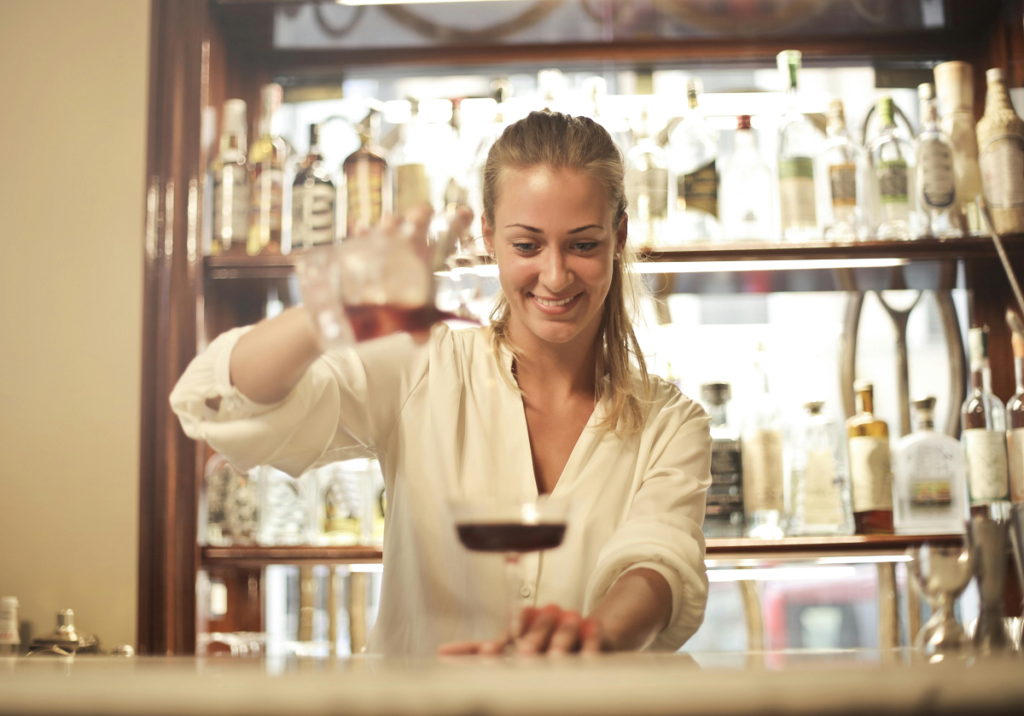
Consuming Alcohol in Utah
Restaurants and Bars
Utah has specific regulations for consuming alcohol in restaurants and bars:
Restaurants: In restaurants, alcohol can only be served with food. Patrons must order food if they wish to consume alcoholic beverages. Additionally, there is a rule called the “Zion Curtain,” which requires restaurants to mix and pour alcoholic drinks behind a partition if the establishment admits minors.
Bars and Clubs: Bars and clubs are required to have a membership system, though this has become more lenient over time. As of 2009, the private club law was repealed, allowing non-members to enter bars without the need for membership.
The last call for alcohol is generally 1 am, and bars must close by 2 am. You can only buy beer and spirits one drink at a time, so that means no pitchers of beer or your favorite adult beverage. You can purchase wine by the glass or the bottle.
Beer Only Establishments
Beer Taverns: Establishments that serve only beer can do so without the food requirement, as long as the beer served is 5% ABV or less.
DUI Laws
Utah has some of the strictest DUI laws in the country:
BAC Limit: The legal blood alcohol content (BAC) limit in Utah is 0.05%, which is lower than the national standard of 0.08%.
Penalties: Penalties for DUI offenses in Utah are severe and can include fines, license suspension, and mandatory alcohol education programs.
Special Permits and Events
Special Permits
Special permits are required for events where alcohol will be served:
Temporary Permits: For events such as weddings, private parties, or corporate events, temporary alcohol permits are required.
Public Events: For public events, organizers must obtain a special event permit from the DABC, which includes strict guidelines on how alcohol can be served and consumed.
Key Points for Visitors
Plan Ahead: If you plan to enjoy wine or spirits, visit a state liquor store in advance, keeping in mind their limited hours and closures on Sundays and holidays.
Understand the Rules: Familiarize yourself with the rules for ordering alcohol in restaurants and bars to avoid surprises.
Drink Responsibly: Given the strict DUI laws, always plan for a designated driver or use ride-sharing services if you consume alcohol.
